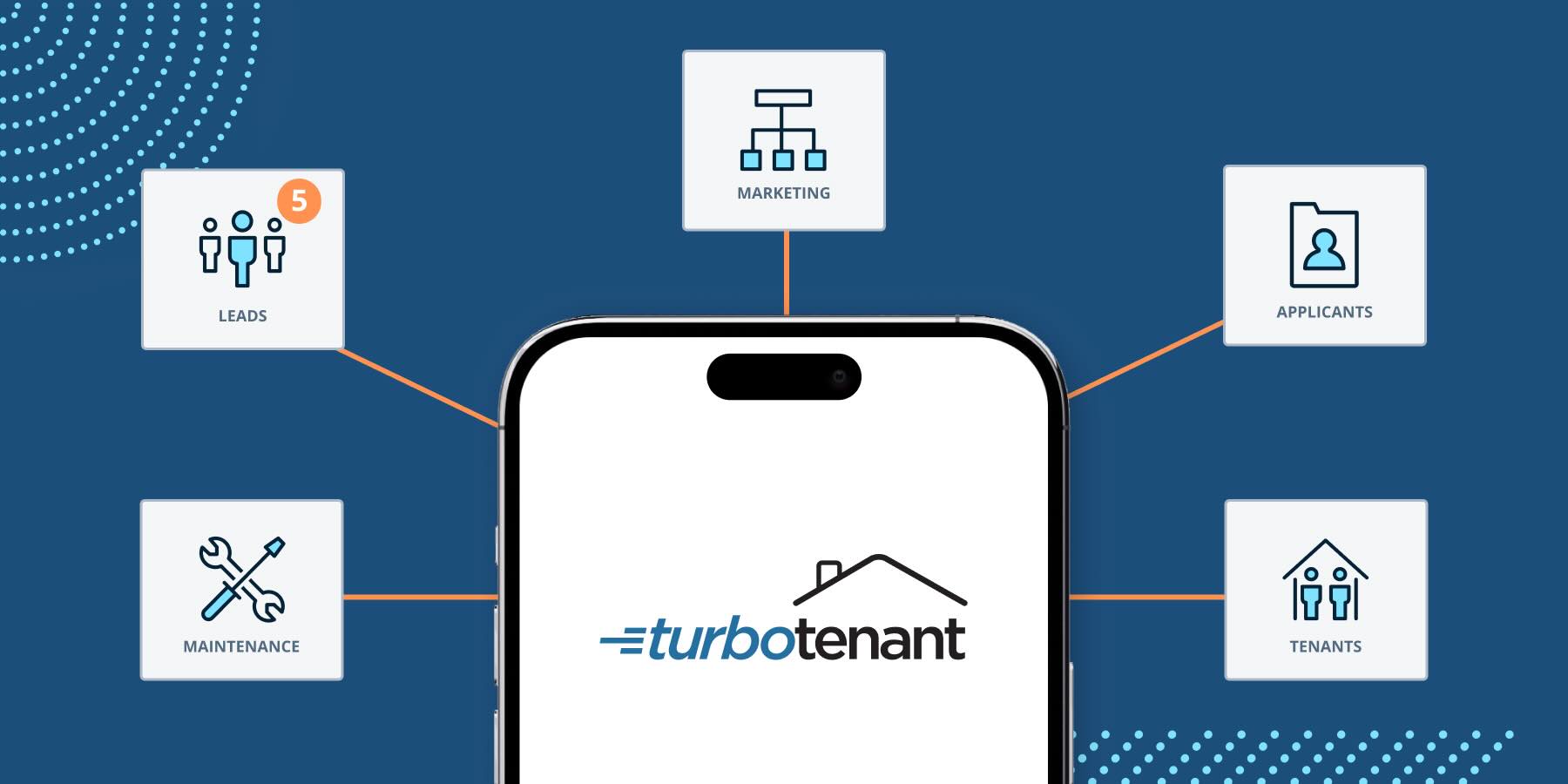Squatters live on a property without the legal owner’s permission. While this may have financial and other repercussions, it goes further than that.
In fact, under certain conditions, squatters may claim legal ownership through a legal process called adverse possession.
Fortunately, West Virginia landlords can stay ahead of squatters by reviewing the latest West Virginia landlord-tenant laws, squatters rights, and adverse possession laws. We’ll cover all this and more in today’s article.
Read on for all you need to know about squatters rights in West Virginia.
Trespassers vs. Squatters
While trespassers and squatters have one thing in common (entering a property without the legal owner’s permission), there are a few key differences.
- Trespassers enter a property without getting permission from the legal owner. However, they typically don’t stay for long. If you get the police involved, the authorities can give the trespasser a citation and remove them from the property.
- On the other hand, squatters plan to make a property their home for the long term. West Virginia law differs from many states in that landlords don’t have to go through the formal eviction process to remove squatters. Instead, they can be arrested.
Note: It is imperative to handle trespassers immediately. Otherwise, they may become squatters and claim ownership through adverse possession, per squatters’ rights in West Virginia laws.
Legality of Squatting in West Virginia
Squatting is illegal in West Virginia. The West Virginia Code defines it as criminal trespass, and the remedy is arrest (WVC Sect. 55-3C).
In fact, unlike many other states, a West Virginia law that bars squatters from being considered tenants went into effect on June 4, 2024.
Squatters Rights and Adverse Possession Laws in West Virginia
Even if someone else owns a property in West Virginia, a squatter can contest ownership and become the legal owner if they meet specific criteria. The process by which they gain ownership of a property is called adverse possession.
Adverse possession varies from state to state, so understanding West Virginia’s specific laws is vital. That way, you maintain ownership over your property. Let’s cover how squatters claim adverse possession in West Virginia.
How West Virginia Squatters Can Legally Claim Property Through Adverse Possession
Landlords’ worst-case scenario regarding squatters is losing ownership of their property. However, winning an adverse possession claim in West Virginia is not easy. Adverse possession is easy to avoid if you keep a close eye on your unoccupied property and know the relevant squatters’ rights in West Virginia.
A squatter must meet a number of occupancy requirements to win an adverse possession claim, including:
- Actual possession: The squatter must live and utilize the property as the owner would.
- Exclusive: No one else can live on the property for the claim to be valid.
- Open and notorious: The squatter must not attempt to hide the fact that they reside at the property.
- Continuous: To qualify for adverse possession, the squatter must live on the property for at least 10 years without breaks.
- Hostile: The squatter’s possession of the property must be against the will of the actual owner.
According to the West Virginia Code, a squatter can only claim adverse possession if they:
- Live at the location for at least 10 years nonstop. This rule is non-negotiable and a part of the general statute of limitations (WV Code §55-2-1).
Note: Each time requirement is mutually exclusive from the next. That means the time starts over if the squatter moves away during the 10 years. Also worth noting, unlike in many other states, West Virginia doesn’t require squatters to pay property taxes or have a color of title to claim adverse possession successfully.
Landlord Rights & Responsibilities
If you’re a West Virginia landlord, you are entitled to petition for summary relief for wrongful occupation to the magistrate court or the circuit court in the relevant county in the event of a squatter (WV Code §55-3A-1).
Depending on your circumstances, you have a couple of options to remove a squatter in West Virginia. First, landlords can have the squatter arrested for trespassing. Or, if the situation calls for it, landlords can file an action of ejectment. Unlike in many other states, eviction doesn’t represent a means of removing a squatter in West Virginia.
Actions of ejectment differ from evictions in that they pertain to anybody unlawfully occupying a property. Typically, evictions work to remove tenants who’ve missed rent payments or violated lease terms. Ejectments, on the other hand, don’t correlate to tenants. They’re used to remove any unauthorized occupant on a property.
Alternatively, negotiating a cash-for-keys agreement is another option to coerce a squatter off your property without pursuing ejectment. These agreements are simple: pay the squatter to leave so you can regain control of the property. You might be apprehensive about “rewarding” a squatter with a payment to leave, but it might save you your sanity and time.
Squatters Rights & Responsibilities
Again, squatting is illegal in West Virginia. The law considers it trespassing, and possible penalties apply.
Squatters do still have some rights, though. The property owner cannot physically remove a squatter and must exercise proper legal channels. Further, while squatting is illegal, squatters have the right to claim adverse possession after living at a property for at least 10 continuous years, provided they meet additional criteria. For example, they should improve the property in some meaningful way.
Legal Help for Landlords in West Virginia
Below are some helpful resources for landlords dealing with squatters in West Virginia:
- West Virginia Lawyer Referral Service: Helps you find local attorneys specializing in squatting and landlord-tenant issues
- West Virginia Legislature: Describes what to do if you have a squatter in greater detail
- Legal Aid of West Virginia: Offers legal services at no cost
Preventing Future Squatter Situations
Even though squatting happens occasionally, there are actionable steps landlords can take to prevent squatters from occupying a property. These include but are not limited to:
- Install an alarm system. A security system is a good way to monitor your property. Ensure all the doors and windows are covered, and your system will notify you in the event of an intrusion.
- Hire a landscaper. Call the experts if you don’t have time to mow or pune yourself. Well-maintained properties are less likely to attract squatters.
- Add a “no trespassing” sign. A sign lets people know there will be consequences if they enter, deterring trespassers and squatters.
- Watch the utilities. Even though you can’t turn the water off on a squatter without facing potential legal issues, you can shut the water off preemptively to deter squatters.
- Visit the property often. If you can’t check on it yourself, ask a trusted friend, family member, or neighbor to do so. That way, you’ll always know its condition.
How Property Management Software Can Help
Knowing squatters rights in West Virginia is essential if you’re a landlord. This article has many helpful tips on how to keep squatters away. However, if you want to cover all of your bases, our property management software might be right for you.
How does it work exactly?
For one, it helps fill properties and minimize vacancies, preventing squatters from moving in. Below are some of the many ways it makes that happen:
- Rental Advertising: You can create listings on dozens of the most popular renter sites within 10 minutes, helping you find renters quickly so your property stays occupied.
- Lease Agreements: Our lease agreements comply with West Virginia landlord-tenant laws. Use our free platform for West Virginia-specific lease generation to create and sign agreements quickly.
- Tenant Screening: Run a background and credit check immediately to screen potential renters and see who will take care of your property.
- Automated Rental Applications: Our comprehensive applications assist you in prequalifying tenants to determine who will be the best fit for your property. This process allows you to narrow down interested candidates, ensure reliable tenants, and prevent squatters from residing on your property.
What are you waiting for?
Sign up for TurboTenant today. It won’t cost you a penny to sign up, and it can help you better handle all your property management needs (and we mean ALL of them!).
Disclaimer: TurboTenant does not provide legal advice. This material has been prepared for informational purposes only. All users are advised to check all applicable local, state, and federal laws and consult legal counsel should questions arise.
West Virginia Squatters Rights FAQs
What is the shortest time for squatters rights in West Virginia?
The shortest time for squatters rights in West Virginia to apply is 10 years.
Do squatters have to pay taxes to claim property in West Virginia?
While paying taxes can be helpful to an adverse possession claim, it is not required.




